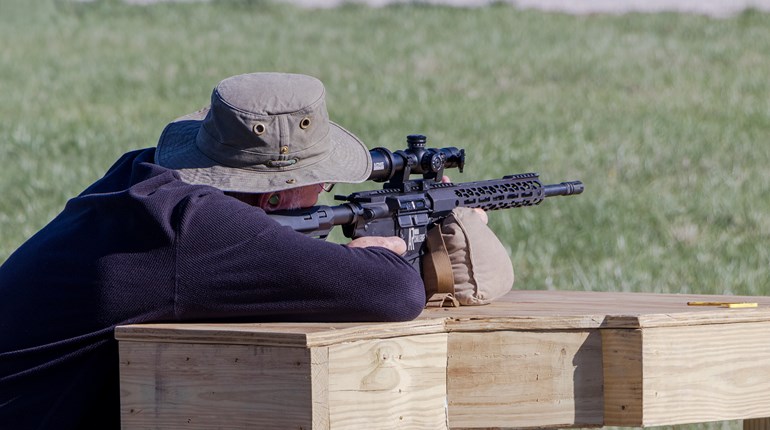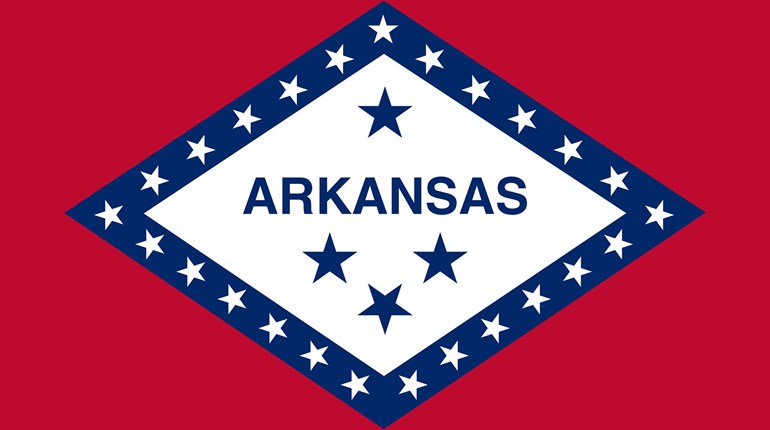
The lawsuit goes back to August 2016 when, according to Associate Litigation Counsel for NRA-ILA Michael Jean, the U.S. Fish and Wildlife Service, under the U.S. Department of the Interior (DOI), promoted a rule to limit predator hunting on NWR in Alaska, a policy which ran contrary to the state's own directives. The law did still have to be submitted to Congress, however. At the time, the NRA Hunters' Leadership Forum reported, "not only did the Obama Administration’s blatant overreach counter America’s lauded state-based wildlife conservation practices. It was also at odds with Alaska’s constitutional mandate to manage its fish and wildlife under the principles of sustained yield. Just as important, the difference between Alaska and other states is that many Alaskans subsistence-hunt for survival.”
In February of 2017 however, Congress passed and President Trump signed H.R.J. Res 69 into law, which rescinded the DOI limits on predator hunting, and further preventing them from promoting a similar rule in the future. This spurred the CBD to challenge both H.R.J. Res 69 and the Congressional Review Act under the “Take Care” clause of the U.S. Constitution, which directs the Executive branch to take care and faithfully execute the law. The nucleus of CBD's argument was that, as Congress did not directly amend any substantive law, the DOI could not faithfully execute it. The lawsuit even went so far as to name current DOI Secretary David Bernhard as the defendant.
In May 2018, U.S. District Judge Sharon L. Gleason dismissed the suit in its entirety, relying on arguments made by the NRA and SCI. CBD appealed, however, and the case moved on to the Ninth Circuit Court of Appeals. There it stayed until December 30th of last year, when a three-judge panel of the Ninth Circuit Court of Appeals affirmed the ruling dismissing all of CBD’s claims.
According to Courthouse News Service, the judges “found that the Center for Biological Diversity failed to make a valid argument that Congress violated the constitutional balance of powers when it passed a 2017 joint resolution allowing certain hunting techniques to be reinstated throughout Alaska’s expansive wildlife refuge system.”
The article also noted, “Because Congress properly enacted the joint resolution, and therefore validly amended Interior’s authority to administer national wildlife refuges in Alaska, Congress did not prevent the president from exercising his constitutional duty to faithfully execute the laws.” Wrote U.S. Circuit Judge Sandra Segal Ikuta on behalf of the panel, “Indeed, the president now has the constitutional obligation to execute the joint resolution.”
For more information, check out contributor Brian McCombie's article on the same topic on the NRA Hunters' Leadership Forum website.




































